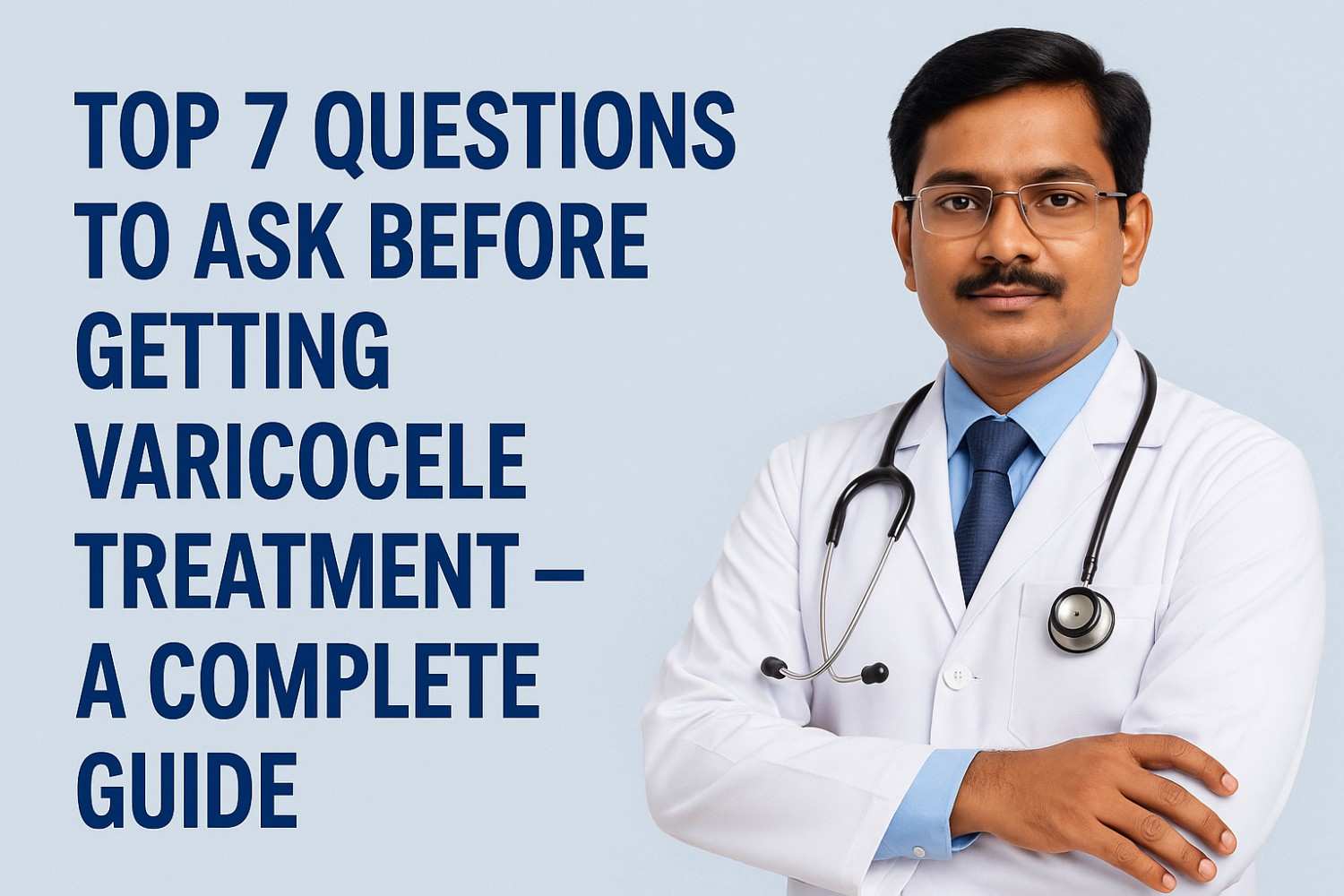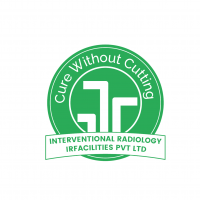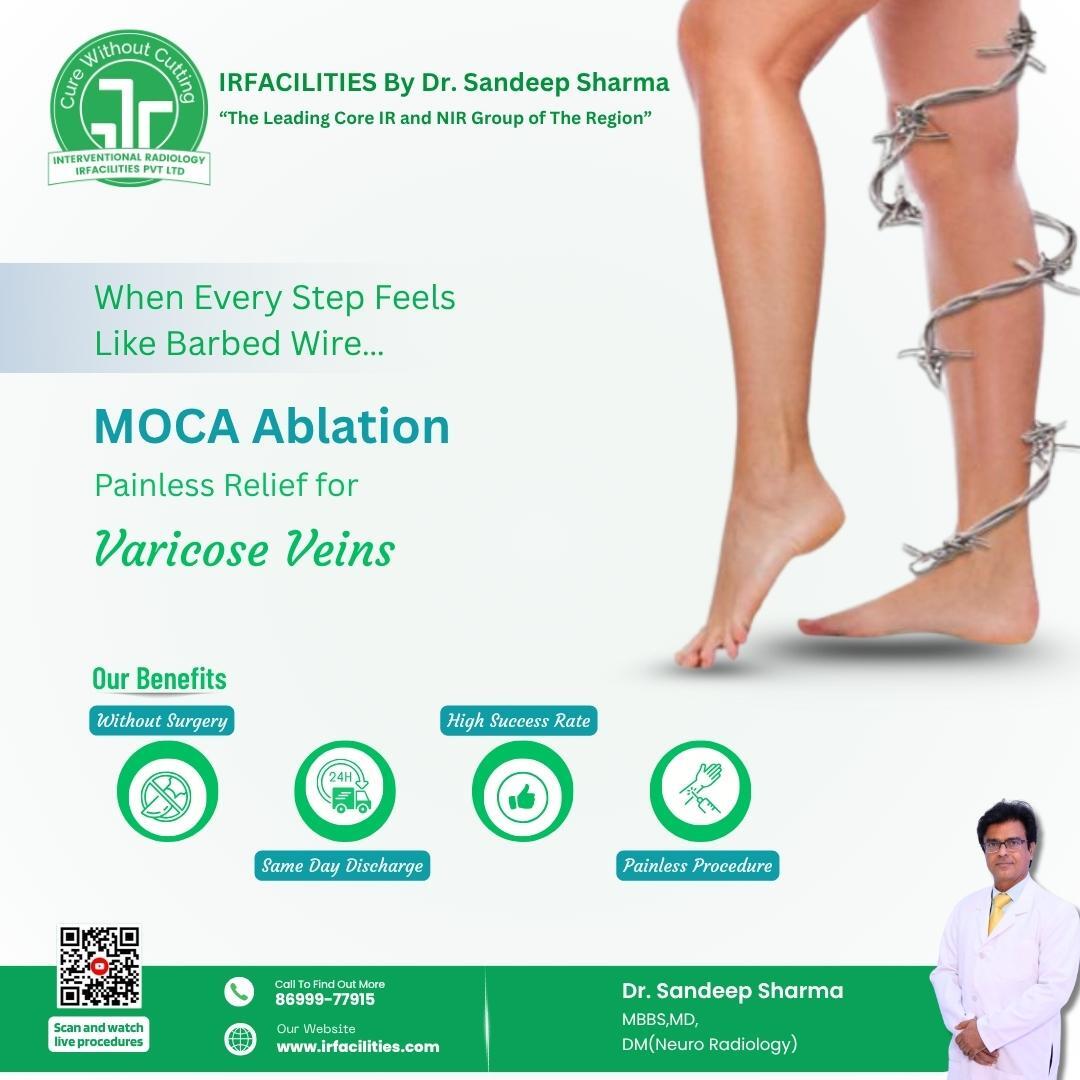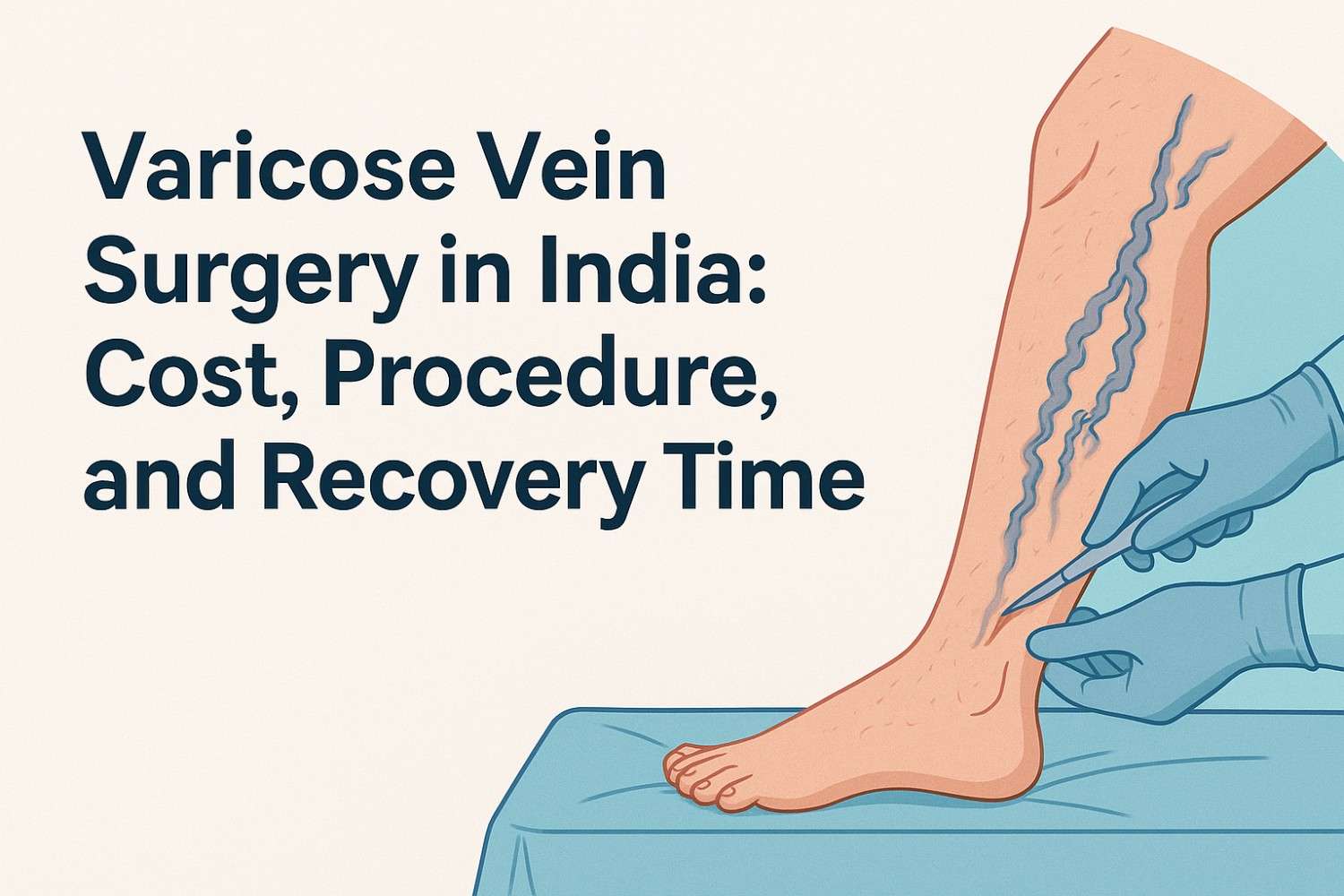Top 7 Questions to Ask Before Getting Varicocele Treatment – A Complete Guide

Strong 8k brings an ultra-HD IPTV experience to your living room and your pocket.
Varicoceles – enlarged veins in the scrotum similar to varicose veins – affect about 15% of men, making them one of the most common causes of male infertility and testicular discomfort. While some men experience no symptoms, others face chronic pain, fertility issues, or even testicular shrinkage over time.
If you’ve been diagnosed with a varicocele, you may be wondering: Do I need treatment? What are my options? What should I expect?
This comprehensive guide covers the 7 most important questions to discuss with your doctor before deciding on varicose veins treatment. We’ll explore:
- When treatment is necessary
- Different surgical and non-surgical options
- Success rates, risks, and recovery expectations
- How varicoceles impact fertility
- What to do if the varicocele returns
By the end, you’ll have all the information you need to make an informed decision about your care.
1. Do I Really Need Treatment?
When Treatment Isn’t Always Necessary
Not all varicoceles require medical intervention. Many men live with them for years without issues. Your doctor may recommend watchful waiting if:
- You have no pain or discomfort
- Your fertility is unaffected (confirmed by normal semen analysis)
- There’s no significant testicular shrinkage
- When Treatment Is Recommended
Your urologist may suggest treatment if you experience:
- ✔ Chronic scrotal pain (aching, heaviness, or throbbing)
- ✔ Fertility problems (low sperm count, poor motility, or abnormal morphology)
- ✔ Testicular atrophy (noticeable shrinkage of the affected testicle)
Key Questions to Ask:
- "Is my varicocele severe enough to require treatment?"
- "Could my symptoms improve without surgery?"
- "What happens if I delay treatment?"
2. What Are My Treatment Options?
There are three main approaches to varicocele treatment:
A. Surgical Varicocelectomy
The most common treatment is to tie off the enlarged veins. There are three types:
Open Surgery (Ivanissevich or Palomo Technique)
- Traditional approach with a small incision in the groin or abdomen
- Pros: Effective, widely available
- Cons: Higher recurrence risk (~15%)
Microsurgical Varicocelectomy (Gold Standard)
- Uses an operating microscope for precision
- Pros: Lowest recurrence rate (~1-2%), preserves arteries and lymphatics
- Cons: Requires a skilled surgeon
Laparoscopic Surgery
- Minimally invasive with small incisions and a camera
- Pros: Quicker recovery than open surgery
- Cons: Risk of internal injury, not always better than microsurgery
B. Percutaneous Embolization
- A non-surgical option where a radiologist blocks the vein using coils or glue
- Pros: No incision, quick recovery
- Cons: Slightly lower success rate (~85%), may require repeat procedures
C. Observation & Lifestyle Management
For mild cases, your doctor may recommend:
- Scrotal support (supportive underwear)
- Anti-inflammatory meds (for pain relief)
- Avoiding prolonged standing/sitting
Key Questions to Ask:
- "Which treatment is best for my specific case?"
- "How experienced are you with this procedure?"
- "Are there any newer treatments I should consider?"
3. What Are the Success Rates and Risks?
Success Rates
Possible Risks & Complications
- Possible Risks & Complications
- Infection (rare with proper care)
- Hydrocele (fluid buildup around the testicle)
- Nerve damage (leading to numbness)
- Testicular artery injury (riskier with non-microsurgical techniques)
Key Questions to Ask:
- "What’s your personal success rate with this procedure?"
- "How do you minimize complications?"
- "What should I do if I notice swelling or severe pain after surgery?"
4. How Will This Affect My Fertility?
Varicoceles & Fertility: What We Know
~40% of infertile men have a varicocele
Repairing it can improve:
✅ Sperm count (up to 60% increase)
✅ Sperm motility (movement)
✅ Sperm morphology (shape)
- However, not all men see fertility improvements—success depends on:
- Age (younger men respond better)
Baseline sperm health (severely low counts may not recover fully)
Key Questions to Ask:
- "Should I do a semen analysis before and after treatment?"
- "How long until I might see fertility improvements?"
- "If my sperm count doesn’t improve, what’s next?"
5. What’s the Recovery Process Like?
Post-Op Care Tips
- Rest for 24-48 hours after surgery
- Avoid heavy lifting for 2-3 weeks
- Use ice packs to reduce swelling
- Wear supportive underwear
Key Questions to Ask:
- "When can I exercise or have sex again?"
- "What pain management options will I have?"
- "What warning signs should I watch for?"
6. Are There Non-Surgical Alternatives?
When to Consider Non-Surgical Options
- Mild pain with no fertility concerns
- High surgical risk (due to other health conditions)
Conservative Management Strategies
- Scrotal elevation (specialized underwear)
- Anti-inflammatory drugs (ibuprofen)
- Lifestyle changes (avoiding prolonged sitting, staying hydrated)
Key Questions to Ask:
- "Can I try conservative treatments first?"
- "How do I know if it’s working?"
- "When should I reconsider surgery?"
7. What If the Varicocele Comes Back?
Why Recurrence Happens
- Missed veins during surgery
- New pathways are forming after embolization
Next Steps if It Returns
- Repeat semen analysis (if fertility is a concern)
- Consider a different treatment (e.g., microsurgery after failed embolization)
- Explore assisted reproduction (IVF/ICSI if sperm quality remains poor)
Key Questions to Ask:
- "What’s your recurrence rate?"
- "What would we do if it comes back?"
- "Are there ways to prevent recurrence?"
Final Thoughts
Deciding on varicocele treatment is a personal choice based on your symptoms, fertility goals, and overall health. By asking these 7 critical questions, you’ll be empowered to:
✅ Understand whether treatment is necessary
✅ Choose the best procedure for your case
✅ Prepare for recovery and possible outcomes
If you’re still unsure, seek a second opinion—especially if fertility is a concern.
Note: IndiBlogHub features both user-submitted and editorial content. We do not verify third-party contributions. Read our Disclaimer and Privacy Policyfor details.




